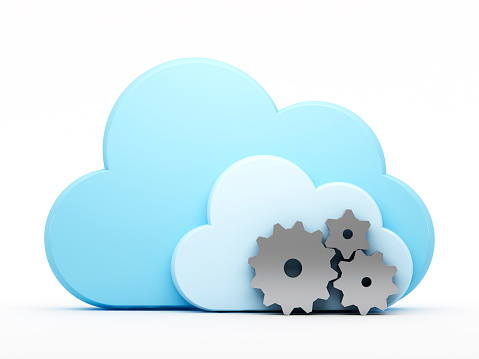By Ryan Kh
As technology advances, so does the way we use it. From floppy discs to the cloud-based storage used by companies and individuals today, our way of saving data has been revolutionized. It’s easier than ever to save, retrieve and share information through cloud storage – but it’s also, by nature, less secure than physical storage options. Finding a bridge between the benefits of cloud storage and keeping consumer data protected is a challenge that the technology industry has confronted head on.
Due to its ease of use, more companies are turning to cloud storage options as a way to manage and save big data. This highly-valuable set of consumer information does everything from better target an audience to anticipate the needs of those consumers. Big data is beneficial to both the companies that use it and the consumers that have their needs met. Storing big data through cloud options allows greater accessibility and also streamlines the data collection and analysis process for businesses. For companies that already have big data stored on servers, adding a cloud component can benefit the analysis process.
So what should companies consider when it comes to tapping the best cloud storage for big data?
Storage Capabilities
How much cloud storage does your company need to fulfill all its big data needs? If you aren’t sure, getting some advice from a cloud storage tech firm is your first step. Decide what amount of cloud storage will cover your current big data needs. If you already use a server-based storage system, share those specifications with a cloud expert.
Scalability
You must anticipate growth when you are shopping for cloud storage options for big data. Don’t opt for the bare minimum; add some cushion to your cloud storage needs. The cloud, in theory, is unlimited but not all paid storage plans are so consider how your needs may expand in coming years.
Analysis Options
Big data isn’t of much use to companies without analytics capabilities. The analysis is how all of those little details that make up an overall consumer come together. Cloud storage of big data must offer the right input/output operations per second to give companies the answer they need at any given moment. Large data collectors like Facebook and Google use a hyperscale computing environment that use direct-attached storage. Smaller companies don’t need as much analysis capability but should be sure that whatever cloud server is used, large data sets can be read and interpreted quickly.
Proper Security
Cloud storage is actually much safer than most people believe, but companies should not take privacy and protection for granted. A Gartner report warns that 95 percent of security problems on the cloud through 2020 will be the fault of the user/client. In other words, it usually isn’t the fault of the actual technology. That’s not to say that cloud providers are in the clear; they must provide a safe service for companies, too. Make it a priority to learn all of the cloud security options available through your server and when you use vendors, make sure they are on board too.
A Backup Plan
It’s smart to include cloud services as part of a larger big data storage plan. Consider bolstering what big data you store on the cloud with an enterprise dedicated server. There are some dedicated server plans that include cloud storage options, too. If you are already happy with your server storage experience but want cloud functionality, you can have both.
The Benefits of Cloud Storage
Obviously, there is an opportunity to increase your company’s storage capabilities by going digital with cloud storage, whether you are outsourcing where your big data is stored for the first time or adding to your company’s capabilities. Cloud storage streamlines your operations and adds the benefit of better productivity. When coupled with dedicated and non-dedicated servers, cloud big data storage can really boost your company’s ability to serve its customer base.
While access to the cloud isn’t new, its use by big companies is a fairly recent phenomenon. Any company looking to alter its internal process has to weigh the pros and cons of the decision and judge what’s best for the company moving forward. While security and costs are important, sustainability and reliability are just as vital.
Ryan Kh is an experienced blogger, digital content & social marketer. Founder of Catalyst For Business and contributor to search giants like Yahoo Finance, MSN. He is passionate about covering topics like big data, business intelligence, startups & entrepreneurship. Follow him on twitter: @ryankhgb







